Overdosing on marijuana is a complex topic, but anyone who uses the drug (or anyone who is concerned about someone else’s use of the drug) should be aware of what it means to overdose on marijuana and all the nuance that is involved.
However, there are many misconceptions about overdosing on marijuana, with lots of misinformation coming from the anti-marijuana and pro-marijuana camps.
The first, important detail to note is that it isn’t possible to die directly from taking too much marijuana. In this regard, an overdose on marijuana is completely different, and treated completely differently, to an overdose on another drug like heroin.
But, this certainly doesn’t mean that marijuana is harmless, and it doesn’t mean that it isn’t possible to overdose on the drug either.
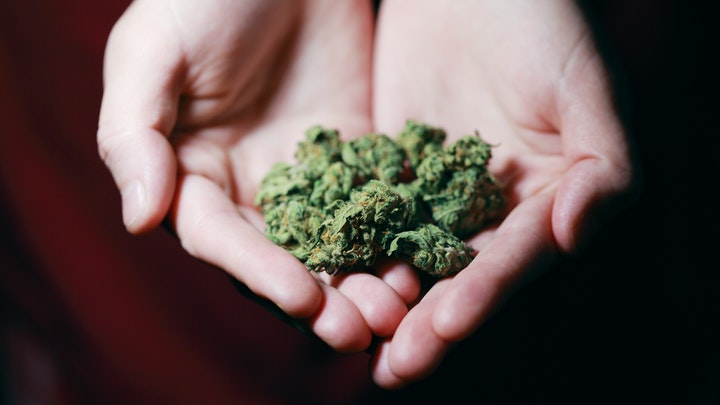
Before considering information about overdosing on marijuana, it is important to understand exactly what the substance is. This is because, sometimes, people have misunderstandings about what is or isn’t marijuana.
Marijuana is known by lots of different names. What marijuana might be known as to you will depend on your age, and where you live.
Commonly, marijuana is also known as:
The official name of the drug is cannabis, and it comes from a plant called Cannabis Sativa.
Cannabis contains two psychoactive compounds called cannabinoids, known as THC and CBD. THC is the primary psychoactive compound in cannabis which relates to feelings of being high.
It is the main compound responsible for a change in the state of mind. It can also induce feelings of paranoia, anxiety, and stress.
CBD is commonly associated with an ability to relieve symptoms of anxiety or depression, and can cause the ‘chilled out’ feeling that many people look for when using marijuana.
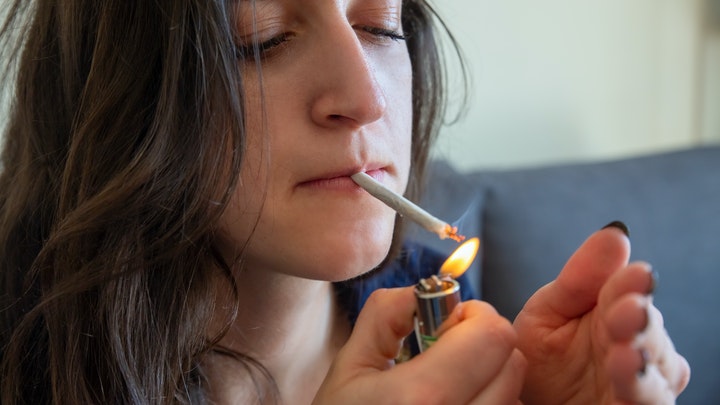
So, what exactly is a marijuana overdose, if it doesn’t lead to fatality?
Well, the answer to the question of whether or not you can overdose on marijuana, depends on the definition of an overdose.
It is widely believed that overdosing on a drug means excessive consumption which leads to a fatality, and this is a common misconception.
Actually, an overdose is technically defined as taking any amount of a substance that exceeds the recommended maximum.
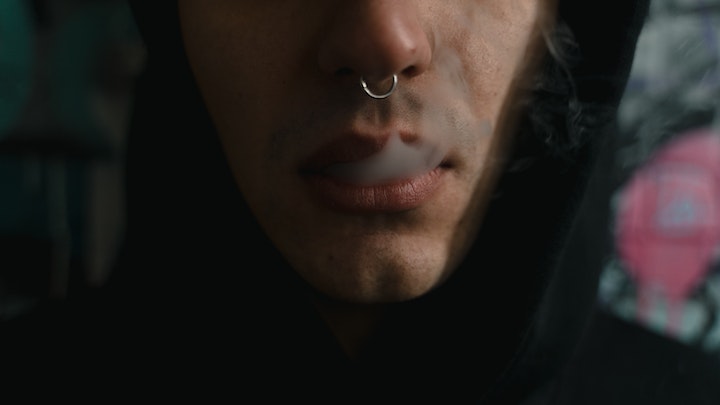
In real terms, in order to overdose on marijuana, it’s most likely that a person will want to measure the amount of THC they are consuming.
Research has suggested that a toxic level of THC is considered to be 7.5mg or more, but this will depend on a number of factors like body weight and sex.
In order to this number, a person would need to intake an extremely significant amount of cannabis.
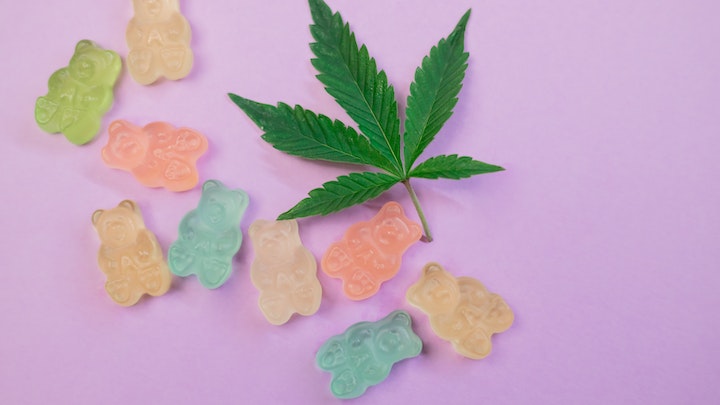
An edible is when marijuana is incorporated into a food, for example, when it is baked into a cake, or commonly a brownie.
Edibles are a common form of using consuming marijuana, especially in countries where the drug is legalised like the Netherlands.
Edibles impact the rate at which the TCH in marijuana is metabolised, and THC takes longer for the body to absorb when it is ingested through an edible. This means that it takes longer to see the impact of the drug when taken in edible form.
This means that the risk of an overdose is both increased, and decreased depending on the circumstances.
If a person if looking for the drug to have an effect, this delay in THC uptake could lead them to consume more edibles than they realise, promoting a more serious reaction when the drug kicks in.
However, if consumed in a limited and responsible manner, edibles can also decrease the impact of the drug as the form on slower metabolised THC is reported to produce a milder high.

Just because marijuana doesn’t cause fatality, and just because it is difficult to overdose on the drug doesn’t mean it’s harmless.
In fact, marijuana is strongly linked to a wide variety of negative physical and mental health outcomes.
Marijuana users are more likely to struggle with maintaining interest and motivation, and this means that the drug is linked with a s serious decline in academic performance as well as an increased risk of dropout rates.
If you’re in a job, you might find yourself taking more days off, and struggling to maintain your concentration and ability to complete tasks to the same standard as before.
The drug is also linked with an increase in reports of clinical depression and, in the long term, thoughts about suicide and self-harm.
Consistent use of the drug can also trigger underlying psychotic illnesses like schizophrenia and psychosis, if the person using the drug is genetically vulnerable to these mental illnesses.
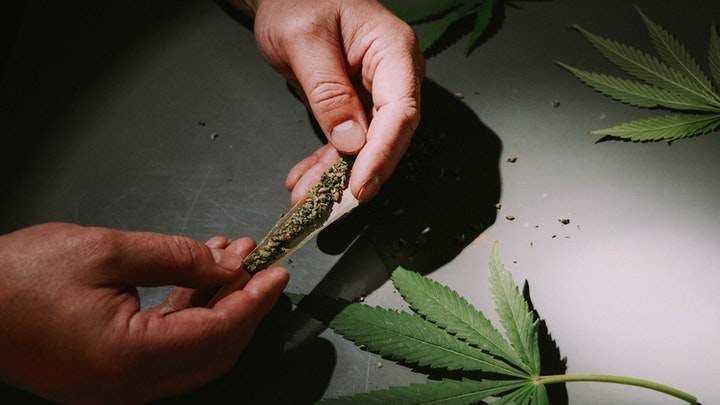
Research has revealed that taking in too much THC could be linked with a variety of unpleasant side-effects.
These side effects could include extreme nausea and vomiting, the onset of paranoid delusions and hallucinations, and disturbances to the normal functioning of the heart.
However, the research on these side effects is limited, and it is hard to separate the impact of the use of cannabis from the use of other drugs and alcohol, as the two often go hand in hand.
Therefore, the exact impact of a marijuana overdose in the short term and the long term is still unclear. This lack of clarity is worrying in itself, and not even the researchers who study the topic can be completely sure how taking too much marijuana impacts people physically and mentally.
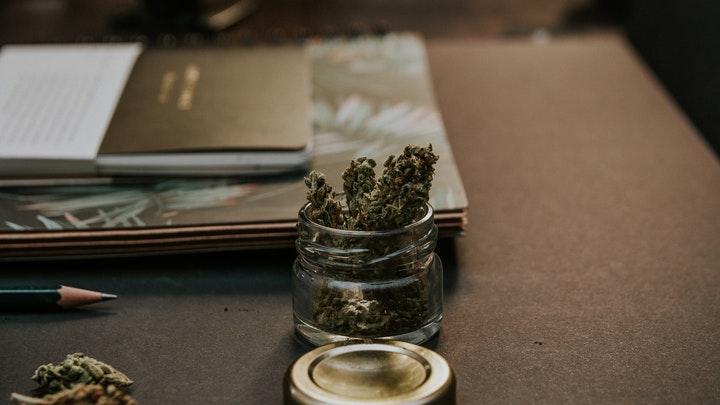
The broader signs and symptoms of excessive marijuana use are widely reported by researchers and people who use the drug.
These include:
Excessive marijuana use can also lead you to lose control over your behaviour and your actions, much like the excessive consumption of alcohol.
This can lead you to be involved in serious accidents, whether that’s through driving or another activity, and these accidents can be fatal.
It is highly important to understand these symptoms, as well as the more serious risks that are involved with the use of cannabis in order to be fully informed about cannabis and its effects.
People who aren’t educated about cannabis are more likely to suffer from stress and anxiety as a result of symptomsand may be less able to handle a high dose of the drug.

Typically, the worst effects of excessive marijuana use will wear off with time. These include symptoms like paranoia and anxiety.
However, if you believe that you have a substance abuse disorder (such as an addiction to marijuana) it might be recommended that you seek rehabilitation treatment, either through an inpatient or outpatient setting.
This rehabilitation treatment will mainly focus on therapy and support, designed to help you to: come to terms with the reasons behind your drug use, understand the impact it’s had on you and those around you, and prevent further abuse in the future.
After the therapy, you might want to consider taking part in a support group like Narcotics Anonymous, or SMART recovery which both aim to support you through your recovery alongside other people with similar experiences to you.

The negative impacts of using too much of the drug can be combatted, in the short term, by taking a number of steps.
Firstly, if you are experiencing paranoia, stress, and high levels of anxiety, do your best to rationalise your feelings. You know that nothing bad has actually happened, and instead, it’s the psychoactive compounds in the drug that are behind the feelings.
Try to relax, perhaps by focussing on your breath and remember that the nasty symptoms will reduce with time.
To combat feelings of nausea and general discomfort, try snacking on something. Nausea should be reduced by the act of eating, as long as what you’ve eaten isn’t too fatty. Snacking should also help you to take your mind off of any other unpleasant sensations like a headache.
The use of marijuana commonly causes people to find that their mouth is dry. Drinking water will alleviate the dryness, help to rehydrate you, and can help you to maintain a sense of alertness and control. If you have experienced vomiting, it will also be necessary to drink water to replace the liquid that you lost.
Because the symptoms of marijuana use subside with time, sometimes the best thing you can do to combat worrying feelings is going to sleep. Sleep will energise you, and will help you to pass through the time period of your cannabis use symptoms without even realising it.
When you wake up, you should feel better than you did before you went to sleep if the effects have begun to wear off.
If you’re still struggling with anxiety or paranoia induced by the drug, one method of coping with these symptoms is to avoid overstimulation.
Remove yourself from a room if it has lots of noise, flashing lights, or if it is too hot or cold. Ensure that you feel comfortable, and try to find some quiet time to yourself free from lights and noise.

You might want to know how long marijuana stays in your system for a variety of reasons, for example, if you need to take a drug test before a sporting event, or for a job.
The length of time that marijuana will stay in your system will depend greatly on how frequently you use the drug.
If you’ve only ever used marijuana once, as a one-off, it’s likely that the drug is completely absent from your system within 72. This should mean that all symptoms and any long-lasting side effects should be gone within that timeframe too.
However, if you’re a regular and habitual user of marijuana, you can expect the drug to remain in your system for almost 10x that amount of time.
Marijuana has been detected in the urine of people who use the drug every day, for up to thirty days. This accounts for some of the prolonged feelings of lethargy and lack of motivation that chronic users of the drug often report.
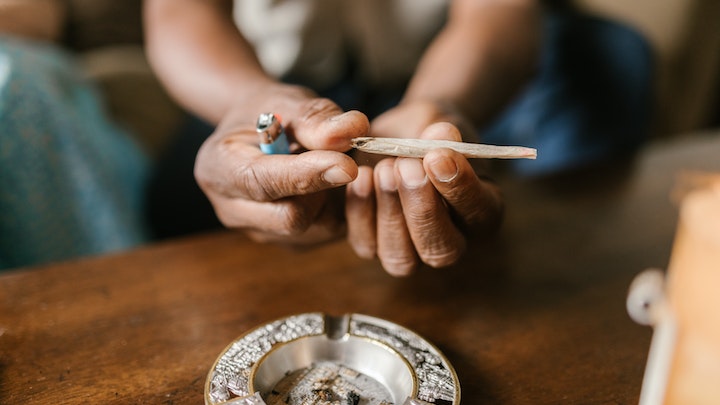
In summary, it isn’t common to overdose on marijuana, and it isn’t possible to directly die from the excessive use of the drug (though intake of THC in huge amounts can be toxic).
However, marijuana still comes with a wide and significant variety of risks, including an increased risk of fatal accidents due to a loss of control over behaviour.
It’s also important to note that, even though there is little cause to be concerned that too much marijuana will kill you, regular use of the drug can lead to an addiction, and an addiction can be extremely destructive to you and those around you.
Equally, use of the drug, especially in teens, in linked with an abnormal development of the brain.
Another reason why you should be careful about your marijuana intake is that marijuana is known to be a gateway drug.
This means that while people might begin their history of drug use with marijuana, often this will then progress to ‘harder’ drugs like ecstasy, cocaine, or heroin. It is possible to overdose on these drugs.
For this reason, the most sensible and safe course of action is to avoid marijuana use. Doing so eliminates the risk of nasty symptoms, addiction, and makes it less likely that you will use other more dangerous drugs.
[1] Cannabis and depression
https://pubmed.ncbi.nlm.nih.gov/33332004/
[2] Effects of cannabis on the adolescent brain